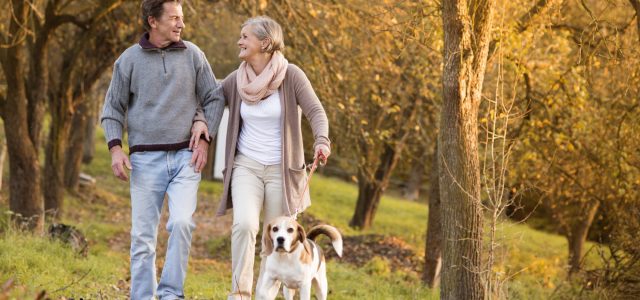
Growing Old Gracefully
Growing old has its difficulties. Eyesight, hearing and overall general fitness declines. But one such condition that can cause a problem if not identified is osteoporosis, writes Tracy Hargreaves
Osteoporosis is a condition that weakens our bones, making them fragile and more likely to break. The most common fractures are wrist and hip, although other fractures in the body can occur. It can develop over several years unnoticed as it isn’t normally painful and is usually only identified if you’ve had a minor fall, although symptoms such as a stooped posture or hunch can be a sign.
More than three million people in the UK have osteoporosis. Loss of bone density is a normal part of ageing, however some lose bone density quicker than others and it tends to affect more women than men, particularly after the menopause when hormones change. The female hormone oestrogen is essential for healthy bones. After the menopause, oestrogen levels fall leading to a decrease in bone density.
There are many factors which can contribute to its development, including family history, heavy drinking and smoking, long term use of certain medications and if you have a low body mass index (BMI).
A key objective is to prevent falls and fractures. If you are unsteady on your feet, visit your GP to rule out other things such as poor eyesight and medication, then look at the things than can help. Regular exercise is a must, not just for general fitness but to help bone density. As well as cardiovascular, running, jogging, brisk walking or cycling, it’s also important to do weights or resistance training. This doesn’t mean you are going to end up like Michelin Man, but your local gym or personal trainer can advise you on gentle exercises to do to maintain your strength and muscle mass. Doing this three or four times a week will make a massive difference.
Eating healthy is also important and ensuring you are eating the right foods. Yoghurts, fruit, oily fish and leafy green vegetables should all be part of your weekly intake. Make sure you get outside, particularly in the winter months. Vitamin D is essential for healthy bones and teeth and helps your body absorb calcium.
Make a few simple changes now and this will help you live a healthy lifestyle in the future.

